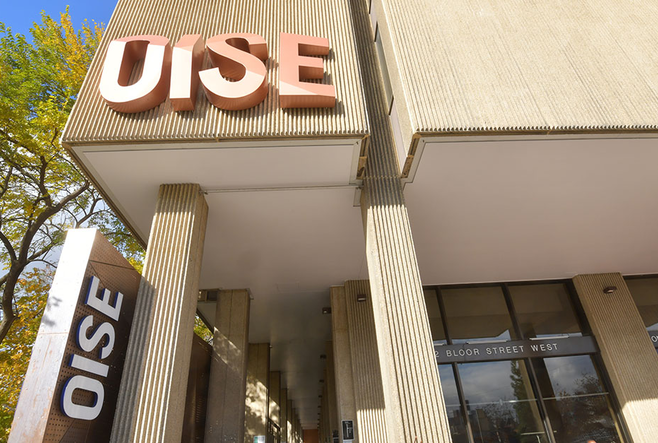
February 29, 2020
Early Years Study 4: Thriving Kids, Thriving Society
Posted on Early Years Study.
The fourth landmark study, titled Early Years Study 4: Thriving Kids, Thriving Society, led by the Honourable Margaret McCain, builds on over 20 years of research and calls for an annual investment of $8 billion to bring Canada up to the OECD average enrolment rate for early childhood education.
The fourth landmark study, titled Early Years Study 4: Thriving Kids, Thriving Society, led by the Honourable Margaret McCain, builds on over 20 years of research and calls for an annual investment of $8 billion to bring Canada up to the OECD average enrolment rate for early childhood education.